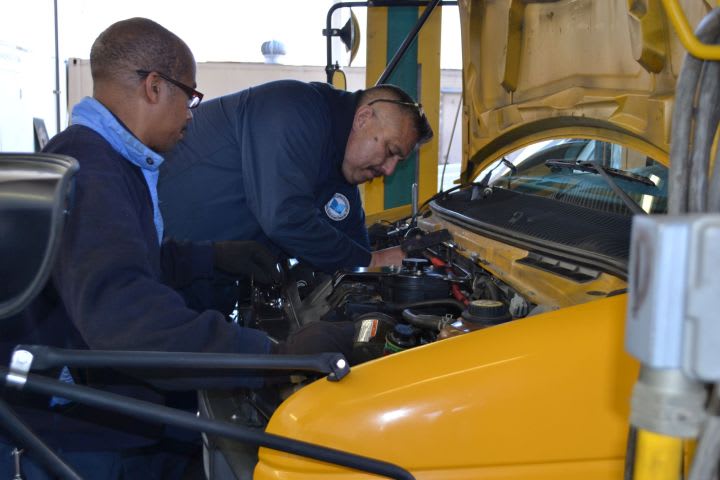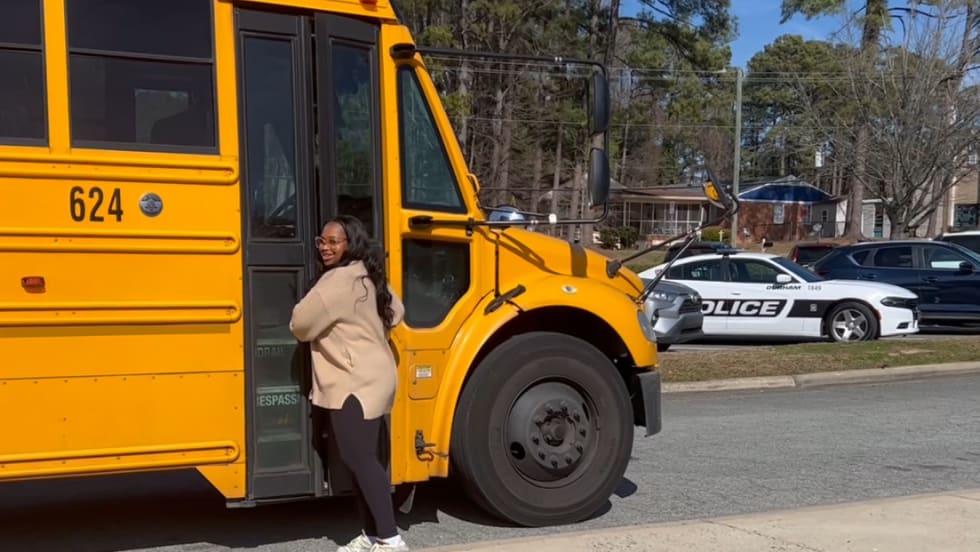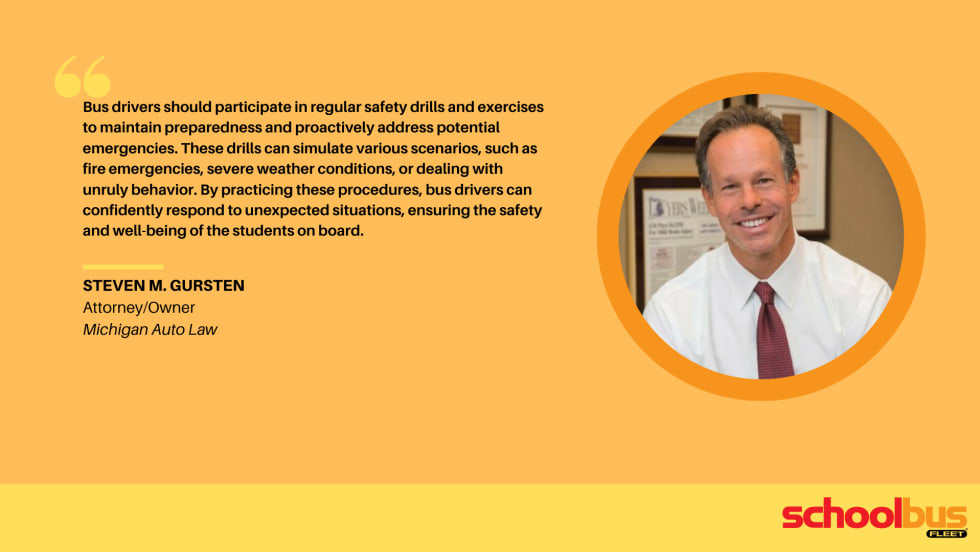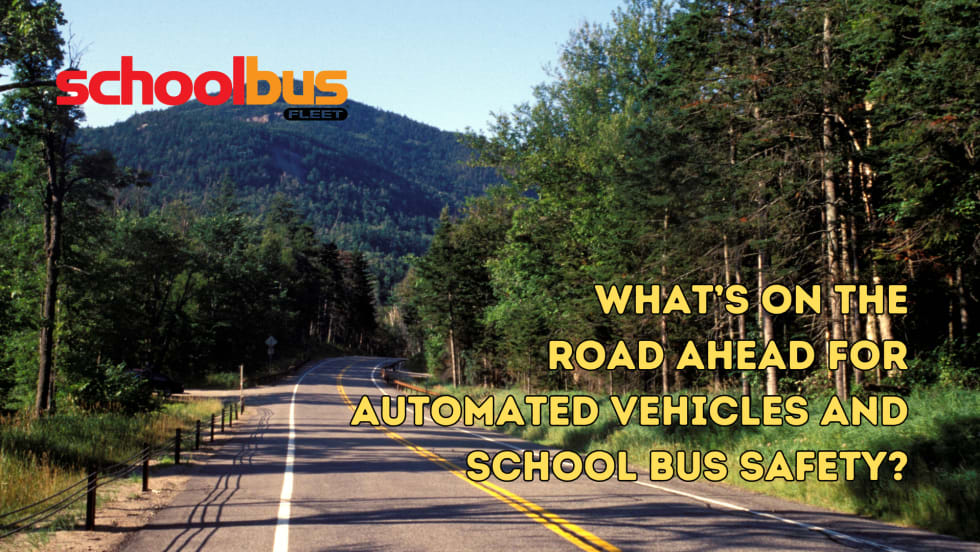
For technicians to make a quick and accurate diagnosis of a mechanical, electrical, or electronic problem, I find it best to first have an understanding of the system involved.
Always ask yourself this question before making repairs: Is the component in question really malfunctioning, or is the apparent failure caused by some other problem in the affected system?
In other words, a component failing to operate as designed does not necessarily mean the component is faulty. Try not to assume you know the cause of the problem before running tests and looking at the affected system in its entirety first.
Here are three examples in which assessing the system as a whole will help you arrive at the correct diagnosis faster.
1. When the ground side of an electric circuit is disconnected from the ground source and the circuit is powered up, the ground wire has source voltage in it. Some technicians fail to understand that when a ground wire shows source voltage, the system is either open or shorted to power.
2. Regarding the compressed air system, I frequently hear questions about why the air dryer purge valve continuously pops off, closes, and pops off. The purge valve is tied directly to the unloader signal port from the air governor. Any leak in the unloader side of the air system or supply line between the compressor and the air dryer causes this to happen. The purge valve is not malfunctioning. It is simply purging as the air pressure signal from the governor reaches the preset cutout setting. If air is leaking somewhere, the compressor loads and unloads as demand commands. By locating and repairing the leak, the purge valve will pop off slower.
3. When diagnosing an engine problem, without an understanding of each engine system, such as lubrication, cooling, air flow, fuel, and engine electronics, the repair process can be daunting even with a diagnostic tool. If the diagnostic tool says “unable to build ICP” (injection control pressure), one may think the problem is a faulty ICP sensor, but is it? As you may know, there are many things that are associated with ICP. Is the problem associated on the control side, the sensor side, or the actuator side of the system?
Failure to gain some understanding of each system can become costly for a bus fleet. Administrative solutions include:
1. Requiring documented pre-employment education of technicians.
2. Ensuring technicians receive routine on-the-job training.
3. Allowing technicians time to study and requiring them to utilize all available resources during the workday as needed.
4. Providing sufficient mechanical training to bus drivers so they can help make an accurate initial report.














